Uncontrolled high blood pressure can lead to kidney damage, eye damage, cardiovascular disease, heart attack, stroke and several other serious health problems. Controlling high blood pressure, also known as hypertension, reduces the risk of cardiovascular problems in later life. While some people need medication to control hypertension, many people can significantly reduce their blood pressure by making a few lifestyle changes. In addition, there are several superfoods that can significantly reduce blood pressure levels, particularly when eaten regularly.
1. Green Tea
Green tea contains catechins, powerful flavonoids that can lower blood pressure, LDL cholesterol levels and help to reduce the risk of heart attacks and stroke. Some studies have shown that compounds found in green tea can reduce the stickiness of blood, helping to prevent blood clots and arterial disease. Drinking one to three cups of green tea every day can also help to prevent kidney problems, a common cause of secondary hypertension.
2. Grapefruit
Eating just one grapefruit every day has been shown to significantly lower LDL cholesterol levels, helping to reduce the risk of atherosclerosis and complications associated with long-term hypertension. The high vitamin C and antioxidant content of grapefruit can also help to prevent damage to the blood vessels and arteries. While all types of grapefruit contain heart-protecting compounds, red grapefruit provides especially high amounts of vitamin C.
3. Apples
Apples are one of the best sources of quercetin, a flavonoid and antioxidant that reduces the damage caused by harmful free radicals in the body. Free radicals can damage the cardiovascular system and hasten the onset of atherosclerosis, a common cause of hypertension. Eating an apple a day is a simple way to protect the heart and lower blood pressure. In addition, apples provide slow-release energy to help stabilize blood sugar levels and promote weight loss, which brings long-term benefits to the heart and cardiovascular system.
4. Blueberries
Blueberries contain powerful antioxidants called anthocyanins and proanthocyanidins, which lower blood pressure by acting in a similar way to ACE (angiotensin-converting enzyme) inhibitors, one of the most popular anti-hypertensive medications prescribed by doctors. ACE inhibitors work by blocking the production of an enzyme that causes damage to blood vessels and arteries. Regular intake of blueberries, when eaten raw or consumed as juice, also helps to reduce levels of LDL cholesterol, also known as bad cholesterol.
5. Brazil Nuts
Brazil nuts provide the richest food source of selenium. Regular intake of selenium can cut the risk of developing coronary heart disease by up to forty percent, particularly when combined with other nutrients and minerals found in Brazil nuts, such as magnesium. Adding two or three chopped Brazil nuts to breakfast cereal, yogurt or a bowl of fruit is a delicious way to protect the heart and cardiovascular system.
6. Broccoli
Broccoli is packed with heart-protecting phytoestrogens and nutrients, including vitamin C, magnesium, calcium and folate. The high antioxidant content of broccoli makes it ideal for those trying to reduce high blood pressure and cholesterol levels. As many of the nutrients present in broccoli can be destroyed through overcooking, it is best to choose raw, lightly stir-fried or gently steamed broccoli.
7. Garlic
Garlic contains a substance called allicin, which provides a range of health benefits for the heart, cardiovascular system and immune system. Allicin has been shown to help reduce blood pressure in hypertensive patients and can also lower cholesterol levels in those with elevated levels of LDL cholesterol. Regular consumption of garlic can also increase elasticity of the arteries, helping to reduce the risk of atherosclerosis, a common cause of hypertension. As raw garlic can cause gastric upset in some people, garlic capsules are often the best choice for increasing intake of allicin.
8. Almonds
Almonds are a rich source of vitamin E, a powerful antioxidant that helps to protect the heart and cardiovascular system. Eating a handful of almonds every day can reduce levels of LDL (low-density lipoprotein) cholesterol by up to five percent. High levels of LDL cholesterol are linked to a range of cardiovascular problems, including hypertension, heart disease and atherosclerosis. Boost vitamin E intake by sprinkling flaked almonds on top of breakfast cereal or adding almond powder to fruit smoothies.
9. Oily Fish
Oily fish, such as tuna, mackerel and sardines, is packed with heart-protecting omega-3 fatty acids, along with antioxidants, vitamin A and vitamin E. Most oily fish also contain vitamin D, an essential nutrient for ensuring general good health. Eating just one portion of oily fish every week can cut the risk of developing atherosclerosis, cardiovascular disease, heart attack and stroke. For maximum benefits, eat oily fish three times a week or take a daily fish oil supplement.
10. Yogurt
Live yogurt contains probiotic bacteria that can reduce blood pressure by blocking the action of angiotensin-converting enzyme (ACE), working in a similar way to ACE inhibiting medication. Live yogurt is also a rich source of calcium, magnesium and potassium, all of which are needed for a healthy heart and cardiovascular system. Eating a yogurt every day can also help to protect the bones, muscles and other important tissues.
Hypertension is often a long-term health condition, but there are many different ways to reduce the risk of associated health complications. Eating a healthy diet and adding a few heart-protecting superfoods to meals can make a big difference to blood pressure levels.
Source: lovelivehealth.com
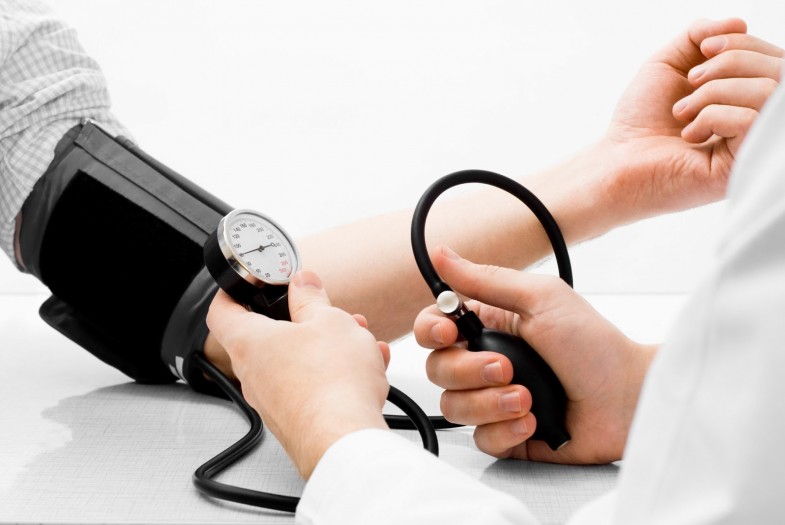
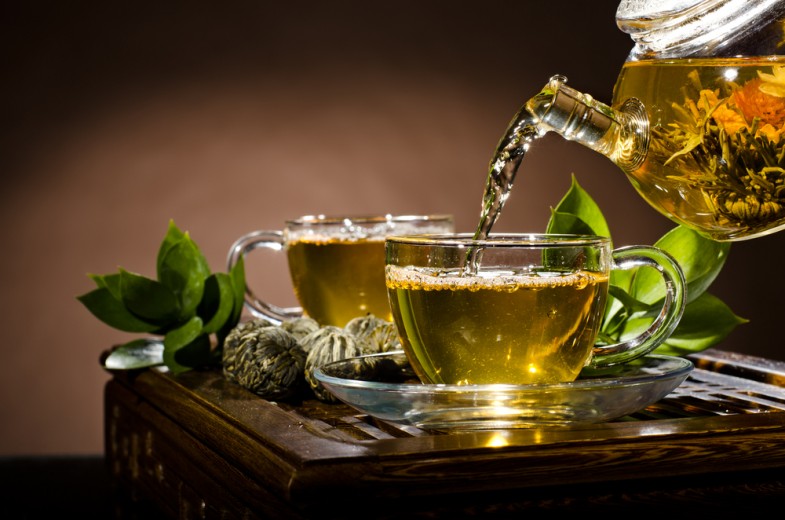
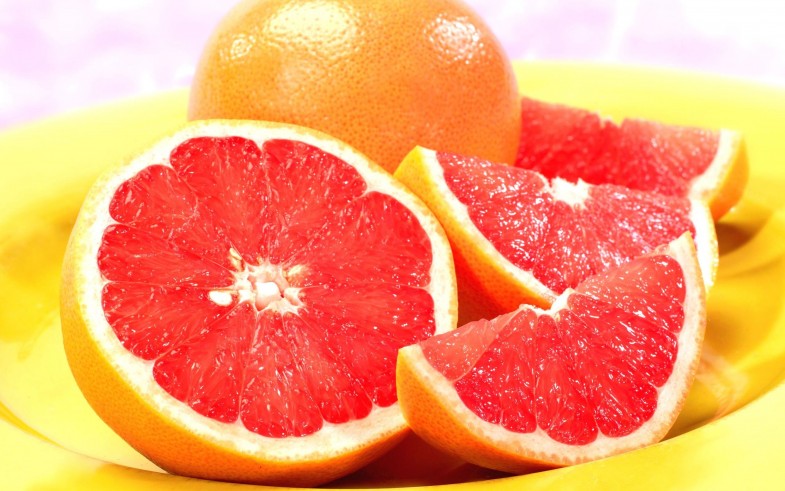
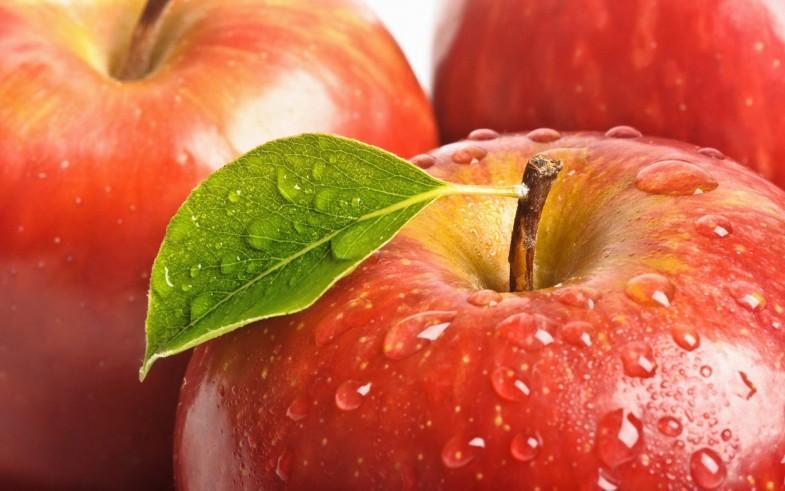
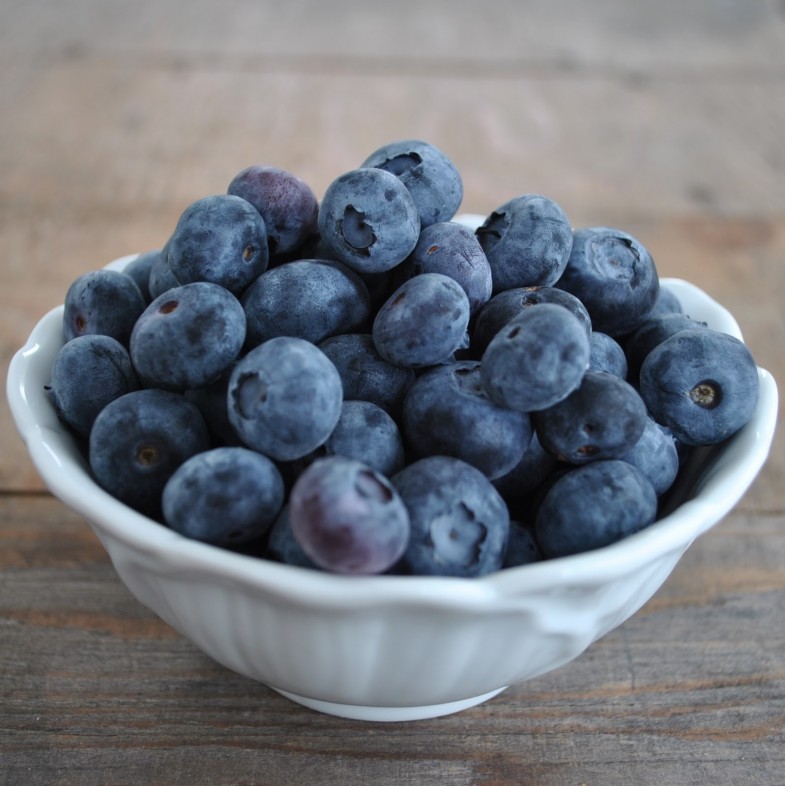
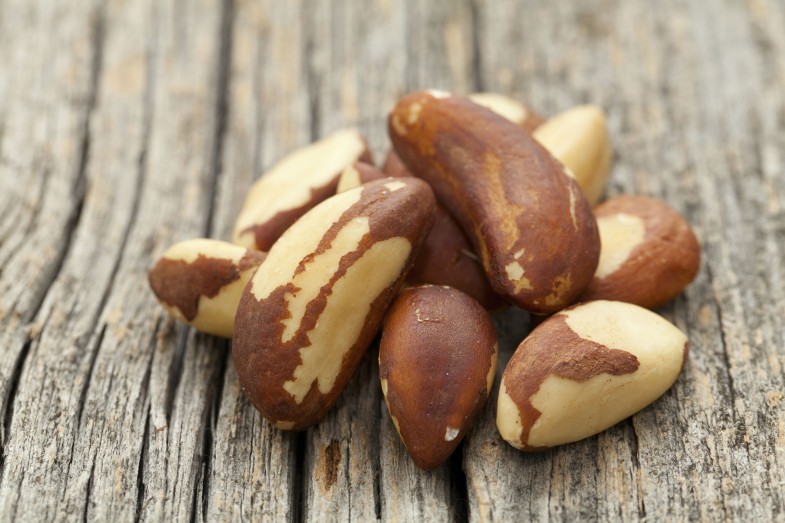
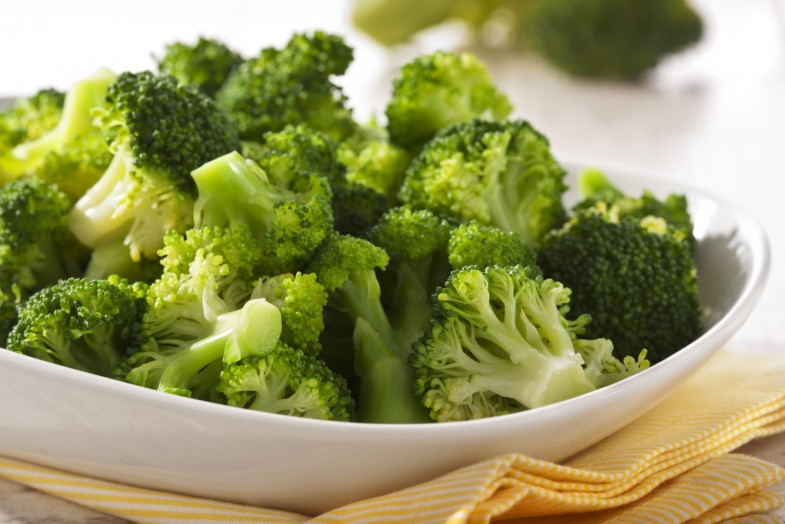
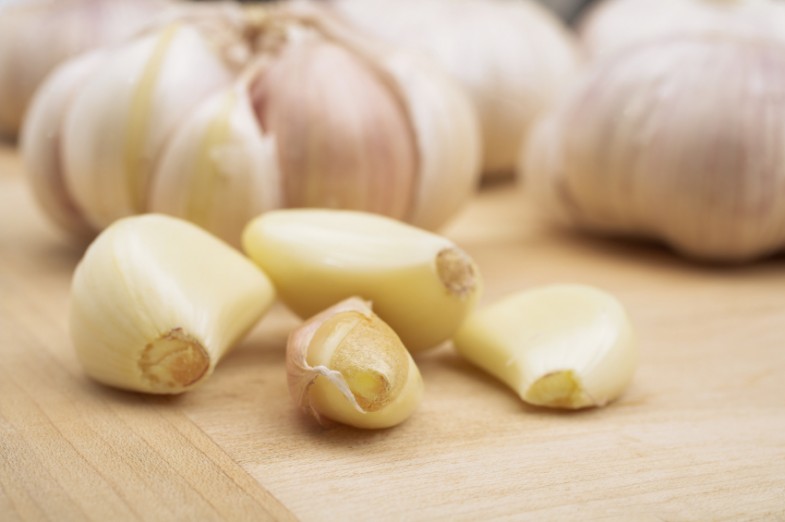
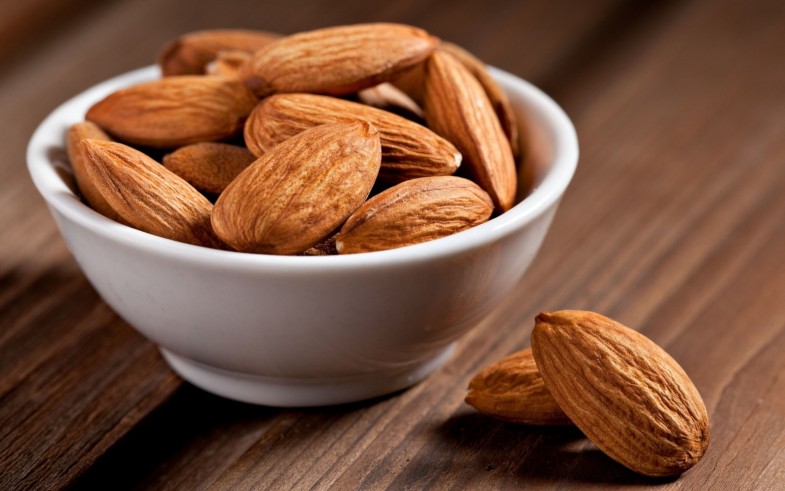
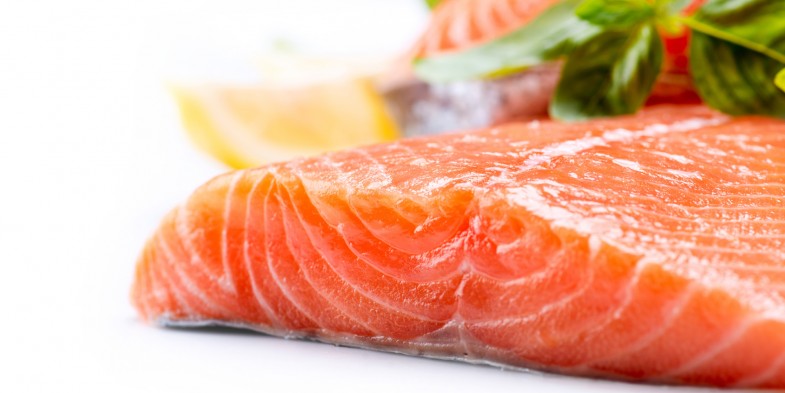
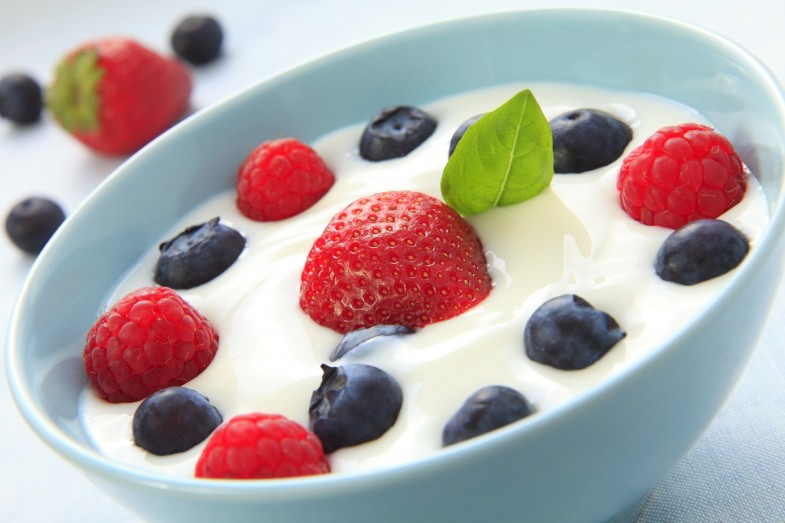
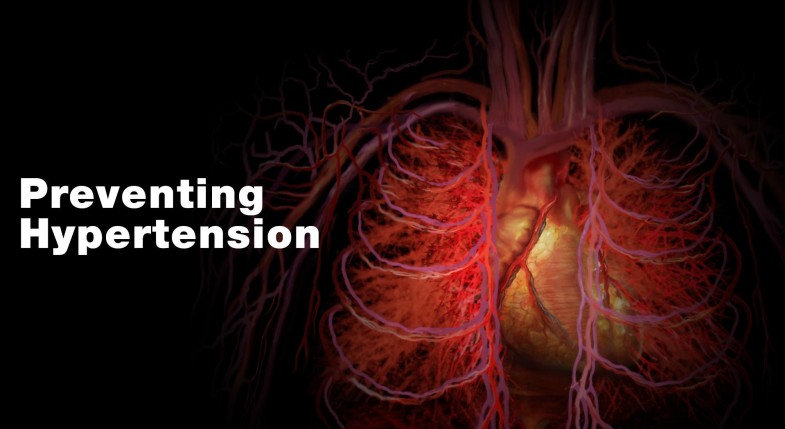
Thank, I feel better knowing this and that I have been doing this for the past 15 years. 🙂